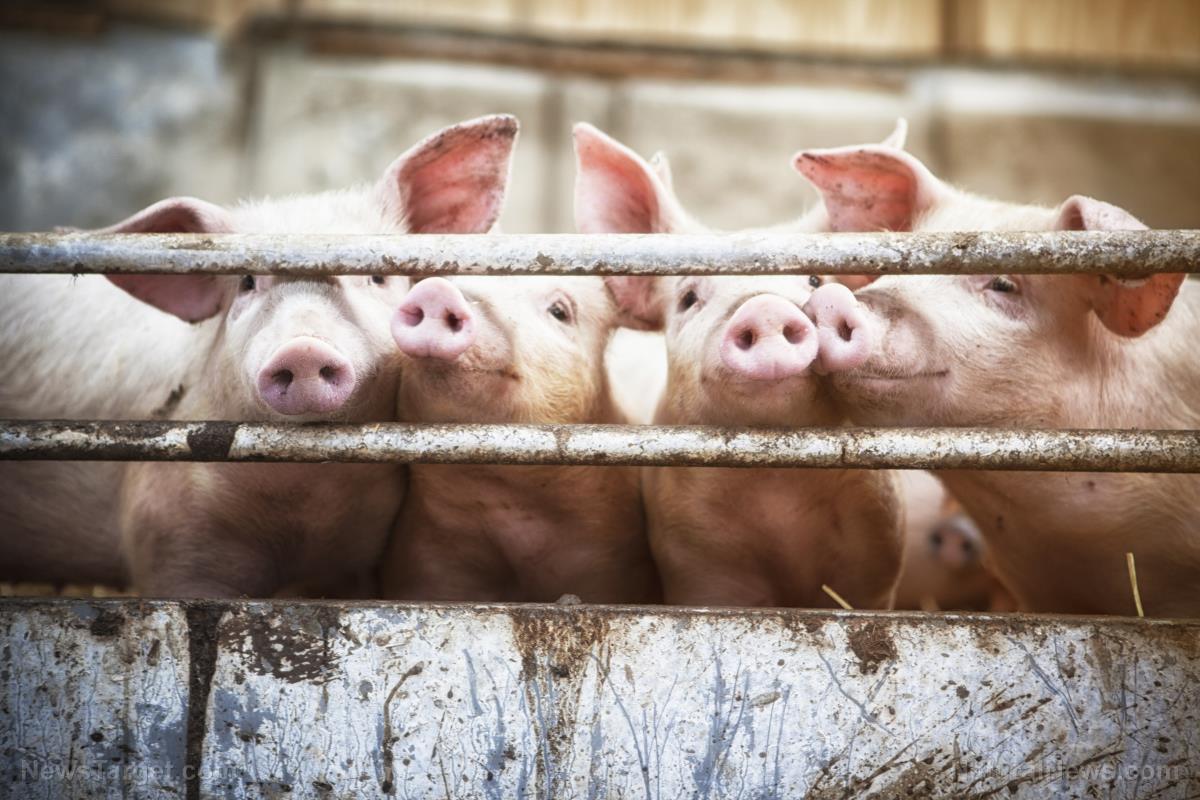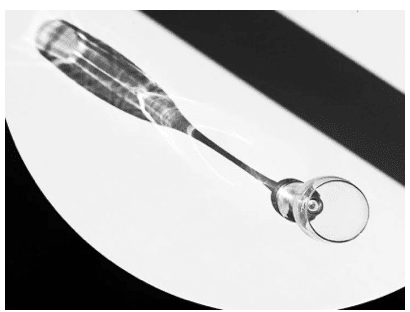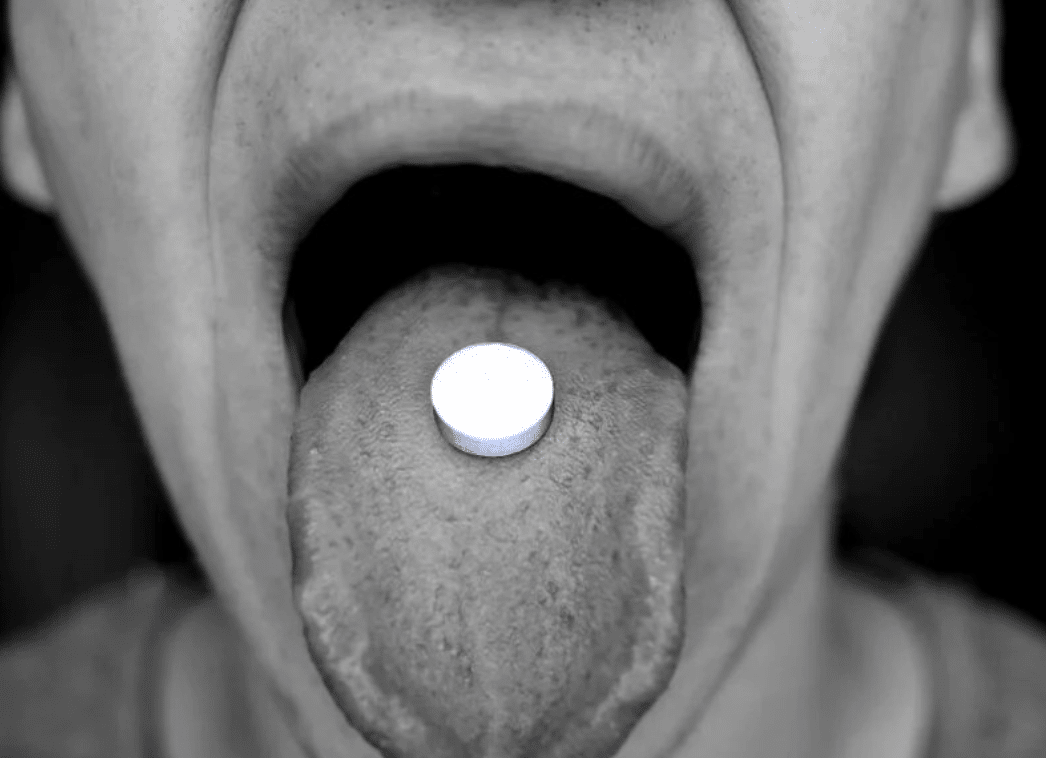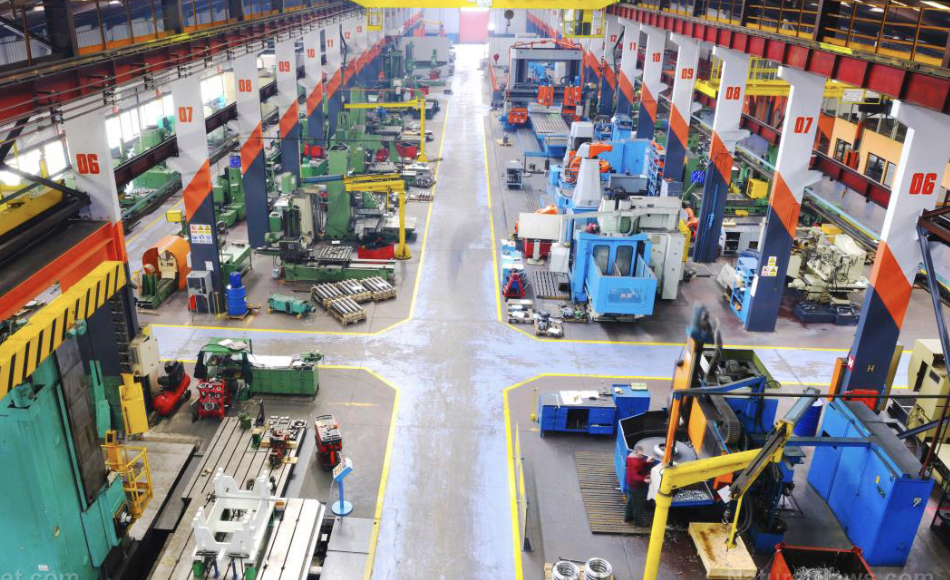The process of donating human organs can be somewhat tricky, and you will often have to wait quite a while before getting approval that your organs can indeed be donated. Meanwhile, being on the receiving end of an organ transplant can be just as troublesome. The waiting list is even longer than the one for organ donors, and there are often shortages because of the limited number of available organs that are ready for transplant.
As a solution, scientists have tried using animals as a sort of intermediary. Although widely considered to be unethical, the practice of growing human organs in pigs and later taking them out to be transplanted into human recipients is one solution. It isn’t all that common, as it’s a highly-complicated task and the “rules” — as it were — aren’t that clear. But the Japanese government has decided to approve basic research to be conducted on the matter.
The decision to approve growing human organs in animals was made following a broad agreement over the issue by a Japanese science ministry panel. Now, it will be necessary for Japan’s Ministry of Education, Culture, Sports, Science and Technology to issue relevant guidelines for the practice, and it is expected to be released sometime in the next fiscal year — it starts in April 2019.
At the moment, similar experiments and practices are already permitted in Japan. One example is the injection of cells, namely human induced pluripotent stem cells (iPS cells), into fertilized egg cells. Now, resulting embryos will be approved for transplantation into the uteruses of animals. And pigs are being considered in particular for their potential to grow organs that are close in size to those of humans. Any resulting offspring that need to be delivered as part of the above procedure will be approved as well.
The report used by the panel of experts in making their decision notes that there needs to be “a strict management system” to fully oversee the research. After all, it will be a major change considering that prior to the approval, there was a ban on these kinds of studies. It is said that Japanese researchers have mostly needed to conduct their experiments in places outside of their native Japan because other countries are more progressive in this regard.
For now, Japan will be able to move forward in this field of research thanks to the lifting of the ban, but it will be as the report states: such research should only be permitted if it is highly necessary and if there is a real rationale behind it on scientific grounds.
The reason for the initial ban should be clear for anyone. There is a mountain of moral and ethical obstacles standing in the way of these practices, as they are primarily against human nature. Any “donor” animals which will be used to grow transplant-worthy organs will need to be murdered before any sort of procedure can take place. And they could be sourced from mass “transplant farms” that serve the sole purpose of raising animals to be killed for no other reason than to harvest their organs for transplantation. It’s also quite clearly a slippery slope: once they begin to grow and harvest human organs in animals, what monstrous things will scientists start doing next?
There is also the matter of human responsibility and personal accountability. Patients who would otherwise benefit from animal-to-human organ transplants could stand to gain a lot from simply making some changes to their lifestyles and diets. There are many such diet and lifestyle choices that greatly reduce the risk of certain diseases, and some even help in the treatment and healing process. If people just took responsibility for their own conditions, then there would be no need for such inhumane practices.
In the best case scenario, scientists and other experts could theoretically grow all sorts of human organs through animal intermediaries. But much of the practice — the steps, the requirements, the rules, ethics, and morality — is still in uncharted territory.







